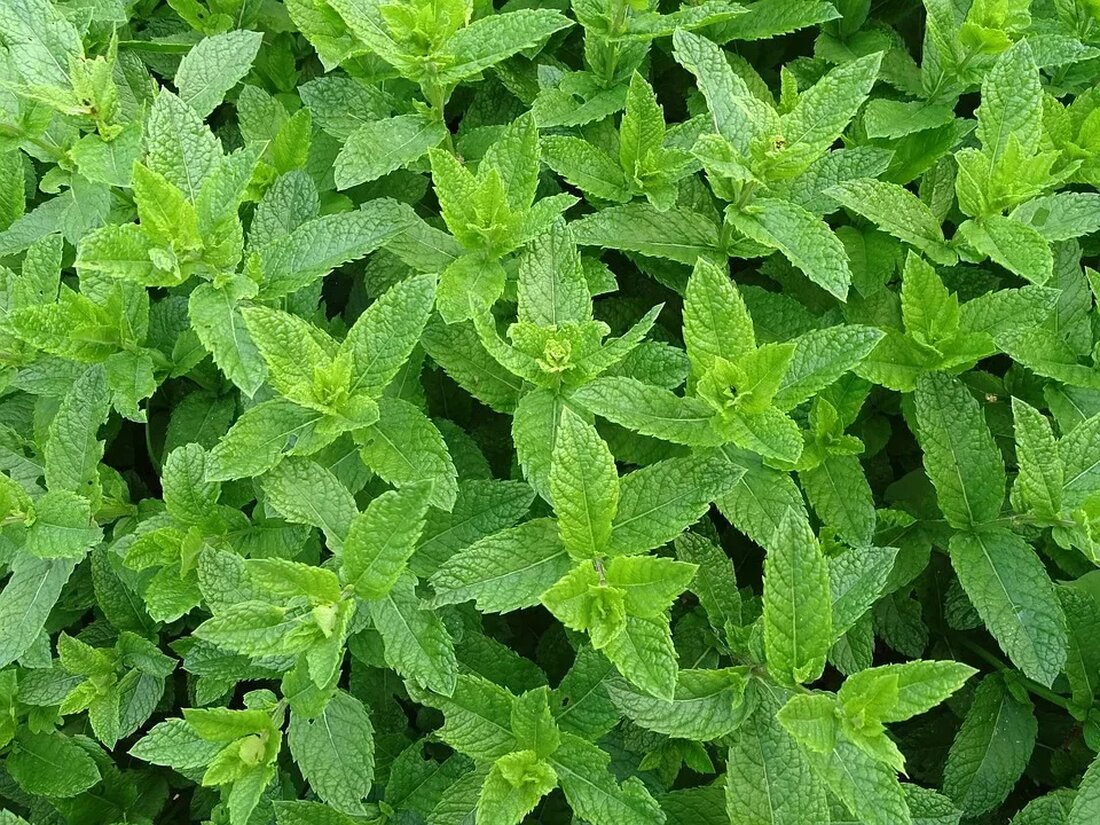Collecting Wild Herbs: A Guide
Collecting Wild Herbs: A Guide Introduction Wild herbs are a valuable source of natural food and have a number of health benefits. Collecting wild herbs is not only a way to save money, but also a way to explore nature and promote a healthy, varied diet. In this guide we will show you how to collect wild herbs safely and responsibly. Why collect wild herbs? Collecting wild herbs is a tradition that has been practiced for centuries. In the past, wild herbs served as an important source of food for our ancestors. Nowadays, collecting wild herbs is also a way to connect with nature...

Collecting Wild Herbs: A Guide
Collecting Wild Herbs: A Guide
Introduction
Wild herbs are a valuable source of natural nutrition and have a number of health benefits. Collecting wild herbs is not only a way to save money, but also a way to explore nature and promote a healthy, varied diet. In this guide we will show you how to collect wild herbs safely and responsibly.
Why collect wild herbs?
Collecting wild herbs is a tradition that has been practiced for centuries. In the past, wild herbs served as an important source of food for our ancestors. Nowadays, collecting wild herbs is also a way to connect with nature and expand culinary diversity. Wild herbs are rich in vitamins, minerals and antioxidants and can complement a healthy diet.
Legal aspects when collecting wild herbs
Before you start collecting wild herbs, it is important to pay attention to the legal regulations in your region. In some countries and nature reserves, collecting wild herbs is protected or restricted by law. Make sure you obtain the necessary permissions and approvals to avoid conflicts.
Suitable places for collecting wild herbs
Choose locations to collect wild herbs carefully. Avoid busy roads, industrial areas, or places where pesticides or other chemicals are used. Ideally, wild herbs should grow in a clean environment, away from pollution.
Identification of wild herbs
Identifying wild herbs is the most important step in collecting. Deception can lead to risks of poisoning. Always use a reliable plant guide or consult an expert to help you identify the different species. Look for distinctive features such as leaves, flowers, stems and roots.
Collecting wild herbs
When collecting wild herbs, it is important to respect the plants and nature. Pick only what you actually need and leave enough plants to ensure the survival of the species. Avoid collecting rare or protected species. Plants in nature reserves should generally not be collected.
Precautions when collecting wild herbs
Always take precautions when collecting wild herbs. Wear appropriate clothing to protect yourself from being bitten, cut, or exposed to poisonous plants. Also use gloves when handling certain plants to avoid allergic reactions. Don't just rely on your own identification, but also consult other sources or experts to avoid confusion.
Use of wild herbs
Wild herbs can be used in various ways, be it in the kitchen, as medicine or to make teas or ointments. Experiment with different recipes and creative ways to use the full potential of the wild herbs you collect. However, keep in mind that not all wild herbs are suitable for consumption and some can be poisonous. Do thorough research before using a plant.
Storage and preservation of wild herbs
In order for the collected wild herbs to last longer, proper storage is necessary. Remove foreign objects such as stems or rotten leaves and wash the herbs thoroughly. You can then dry or freeze them, depending on the specific needs of each type of herb. Use airtight containers to preserve the aroma and potency of the wild herbs.
Conclusion
Collecting wild herbs is a rewarding activity that connects us with nature and provides healthy nutritional options. It is important to consider the legal aspects, select the appropriate locations and identify the plants with certainty. Be responsible, respect the environment and only collect what you actually need. With precautionary measures and appropriate storage, you can make the most of the wild herbs you collect and explore their versatility in the kitchen and health sectors. It is always advisable to consult an expert if you are unsure. Immerse yourself in the world of wild herbs and discover the abundance that nature has to offer us.

 Suche
Suche
 Mein Konto
Mein Konto
